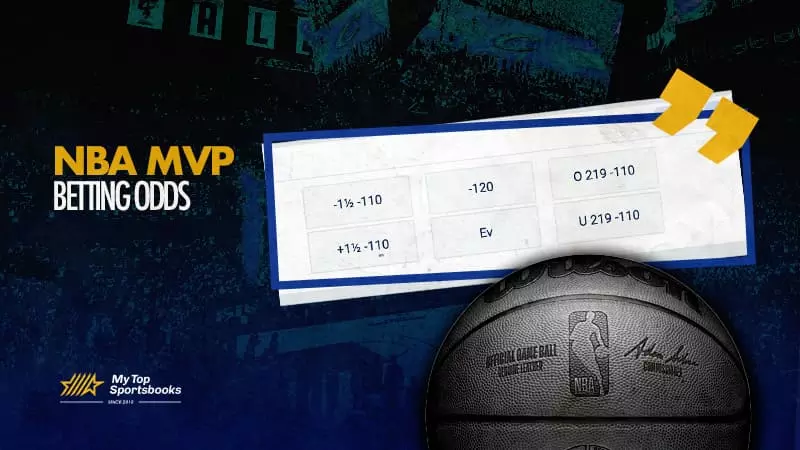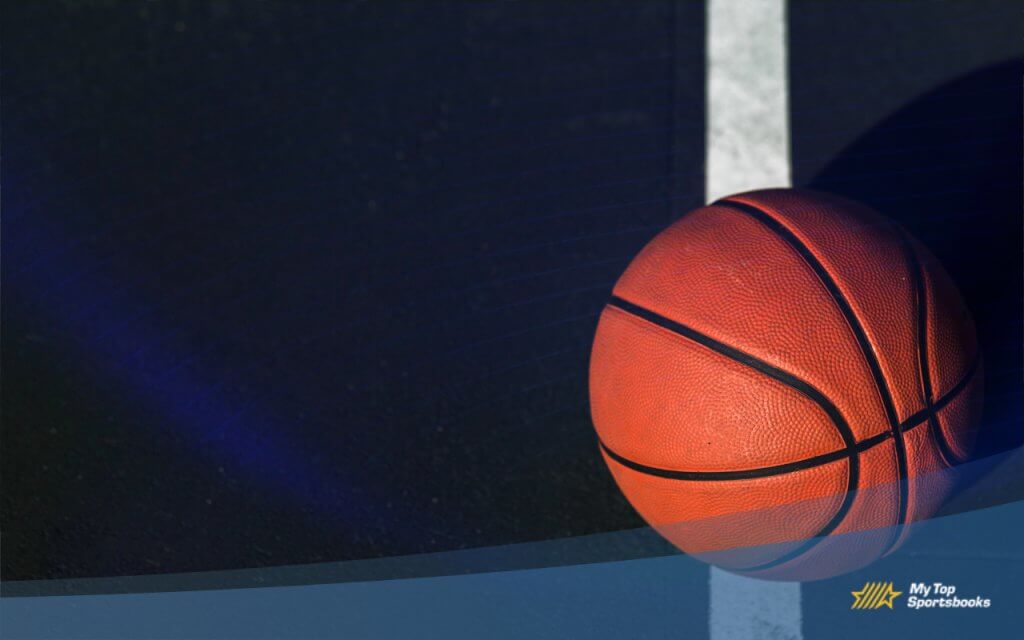NBA MVP Betting Odds

The NBA MVP odds for the 2025–26 season have already been released, giving bettors an early look at who’s leading the pack. Last season, we tracked the race closely across top-tier NBA betting sites —and now, a new group of contenders is emerging.
| MVP Winners Odds 2025/26 |  |  |  |
| Shai Gilgeous‑Alexander | +200 | +250 | +250 |
| Nikola Jokic | +200 | +230 | +250 |
| Giannis Antetokounmpo | +700 | +700 | +750 |
| Luka Doncic | +800 | +800 | +850 |
| Anthony Edwards | +1000 | +1000 | +1100 |
| Victor Wembanyama | +1800 | +1800 | +2000 |
The 2025/26 NBA MVP betting odds are a hot topic among basketball fans, as they offer bettors the opportunity to follow their favorite players’ progress throughout the season, with a little extra clout in the game.
We have discussed the brilliance of Luka, but he hasn’t won the award before. There are some great options available to bettors looking to bet on the NBA MVP, with Shai Gilgeous-Alexander, Nikola Jokic, and Giannis Antetokounmpo being among the favourites. There may be more to enter the fray as the season wears on. The question is, will any of them be considered for the NBA finals MVP odds for the upcoming season?
We’ll take a look at all NBA playoffs candidates and make some MVP picks based on the current MVP NBA betting odds. As well as that, we’ll provide information on how to bet on NBA finals MVP odds in 2025/26.
Who will be the 2025/26 NBA MVP?
The regular season MVP conversation is already heating up, with three superstars leading the pack ahead of the 2025/26 season. Shai Gilgeous-Alexander, the reigning MVP, enters the year with sky-high expectations after a breakout campaign that saw him carry the Thunder to the top of the Western Conference. His all-around game and leadership continue to make him a favorite in the eyes of fans and analysts alike. Nikola Jokić, a two-time MVP and perennial statistical marvel, remains a dominant force in Denver, consistently posting triple-double performances and anchoring one of the league’s most efficient offenses. Meanwhile, Luka Dončić is expected to mount a serious challenge this season, with his scoring, vision, and usage rate keeping Dallas in the spotlight. With all three players at the peak of their powers, the 2025–26 MVP race is shaping up to be one of the most competitive in recent years.

Who else could be the 2025/26 NBA finals MVP?
While Giannis Antetokounmpo remains one of the league’s most dominant players, his team’s inconsistency has pushed him outside the core group of regular season MVP contenders for 2025–26. Victor Wembanyama, despite his immense potential, is also considered an outsider in the MVP race, as the Spurs are not expected to be among the league’s top teams this season. That said, both players offer intriguing upside—if Milwaukee finds its rhythm or San Antonio exceeds expectations, their star power could turn long-shot MVP bets into surprise wins. For bettors looking beyond the obvious frontrunners, they may still be worth a speculative punt.
How to Read 2025/26 NBA MVP Odds
For bettors who are just learning how to read NBA MVP odds, it’s important to understand that these futures markets are typically displayed with a “+” sign rather than the “–” used for clear favorites in single-game matchups. The lower the number after the “+”, the stronger the favorite.
Here’s a look at the current top four contenders:
-
Shai Gilgeous-Alexander +200
-
Nikola Jokić +230
-
Luka Dončić +700
-
Giannis Antetokounmpo +1000
NBA MVP odds use a “+” format, meaning you win that amount on a $100 bet. The lower the number after the “+”, the more likely the player is to win—so in this case, Shai Gilgeous-Alexander is the favorite at +200, while Giannis Antetokounmpo is a longer shot at +1000. For example, a $100 bet on Shai would return $300 total ($200 profit), while the same bet on Giannis would return $1,100 total ($1,000 profit).
What is a Futures bet?
These types of bets as they’re described. A bet that is made based on events that will happen later down the line. In the case of the NBA MVP, odds will be displayed on the majority of sportsbook providers from the beginning of the season, with the odds changing as the regular season progresses.
With futures bets, it’s always worth going back to check the MVP odds for the NBA on players as the season unfolds. Oddsmakers will tinker with the odds throughout the season – you can keep track of the odds here!
 Best Betting Sites
Best Betting Sites